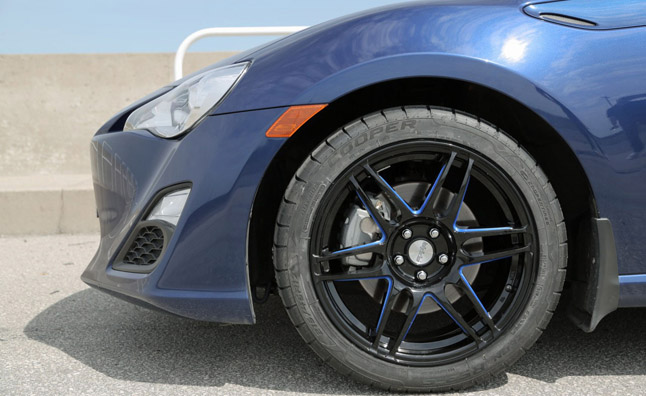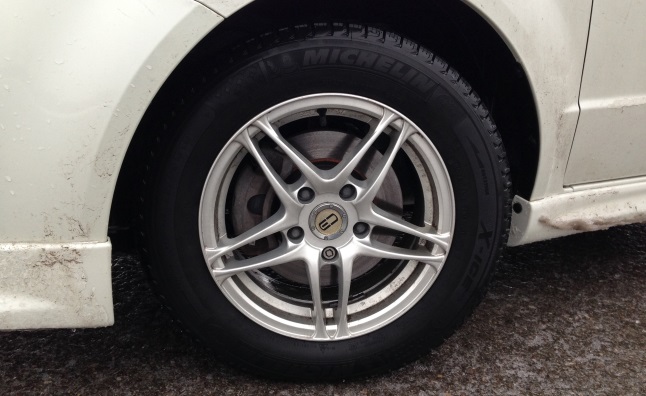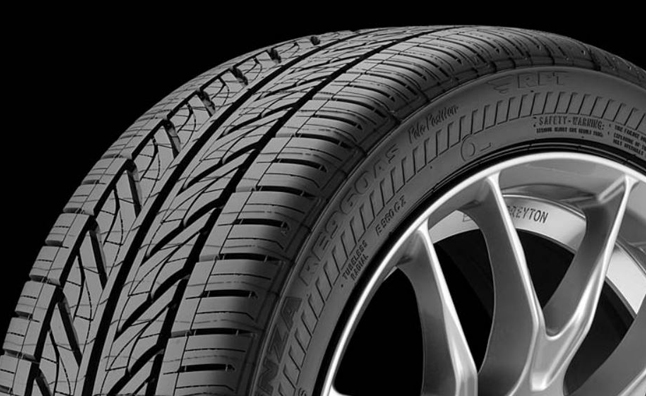Are your tires worn out after seeing several thousand miles of asphalt? It’s time to get a new set, but now you might be asking yourself “what kind of tires should I buy?”
All Season
Passenger
These are your basic all-season tires. You can expect them to last fairly long and feel comfortable on the road. There are also Touring and Grand Touring all season tires that provide better handling and are quieter. Any all-season tire includes the M+S symbol, which means they are rated to handle in mud and snow.
To see our thoughts on a basic all-season tire, read our Cooper CS5 Touring Tire Review.
High Performance
If you want better traction in any weather condition compared to standard passenger all-seasons, its time to opt for some high performance models. High performance tires use special compounds that allow them to stay flexible in colder weather. This allows them to stay grippy even when the mercury drops.
For reference, see our Goodyear Eagle Sport All Season Tire Long-Term Review.
Ultra High Performance
Like High performance tires, but designed for higher speed, these tires will trade off wet and dry traction for better snow and ice performance. For an example, read our Toyo Proxes 4 Plus review.
All Weather Tires
These are considered to be true four-season tires, rather than the typical compromised jack-of-all-trade all-season. These tires carry the snowflake and mountain emblems that indicate their qualifications to work in severe snow. If you want better performance in the snow, your only option is a set of dedicated winter tires. By comparison, all-weather tires have tread patterns that are also appropriate for warm conditions, but they’re not perfect. If you’re concerned about long-term durability and noise, all-weather tires aren’t for you.
Summer
Grand Touring
Touring and Grand touring summer tires aren’t designed to be driven on snow or ice at all, but expect them to provide responsive handling on dry and wet pavement. These are also typically quieter than other summer tires.
High Performance
These tires are more responsive than traditional touring summer tires. They provide better steering response, but can be stiffer and less comfortable. In comparison to less performance oriented summer tires, they wear out more quickly and are louder.
Ultra High Performance
These are the best for performance. These tires will provide fantastic steering response and grip in warm weather, but are extremely stiff, loud and wear out sooner than other summer tires. These tires are usually used on sports cars and have a low profile. Beyond Ultra High Performance, buyers can opt for Max Performance Summer Tires and Extreme Performance Summer tires, which give hardcore driving enthusiasts the responsiveness and grip that they crave.
To learn more about how much of an impact high performance summer tires make be sure to check out our Falken Azenis FK453 Tire Review or Cooper Zeon RS3-S Review.
Winter Tires
Studless
These are traditional winter tires, which offer grip when the mercury drops. They have a meatier tread pattern that will help the rubber shed slush and snowalong with siping designed to give the tire more biting surface to get traction in cold weather. While adequate in dry and wet weather, these tires do give up a bit of handling prowess compared to other winter tires.
We recently tested out a set of winter tires over a two seasons. Read our Michelin X-Ice3 Tire Review.
Studdable
These kinds of winter tires feature the same rubber compound as the studless kind, but can be outfitted with metal studs. These kinds of tires are illegal to use in some areas because they chew up pavement. Studded tires work well when driving in freezing rain, sleet, wet ice and extreme winter conditions.
High Performance
These studless winter tires provide better wet and dry handling than regular winter tires and are designed for driving on snow-covered highways where high-speed stability is important. If high speed driving is higher up your list of priorities than snow traction then these high-performance tires are for you.
SEE ALSO: Why do you need Winter Tires
Run Flats
These tires are designed to keep going for about 50 miles after a puncture. Typically they’re more expensive than regular tires and are stiffer too, making for an uncomfortable ride. Because of that, they tend to be unpopular among consumers. They also typically wear out sooner than regular tires.
SEE ALSO: Run Flat Tires, Why you Should or Shouldn’t Buy Them












